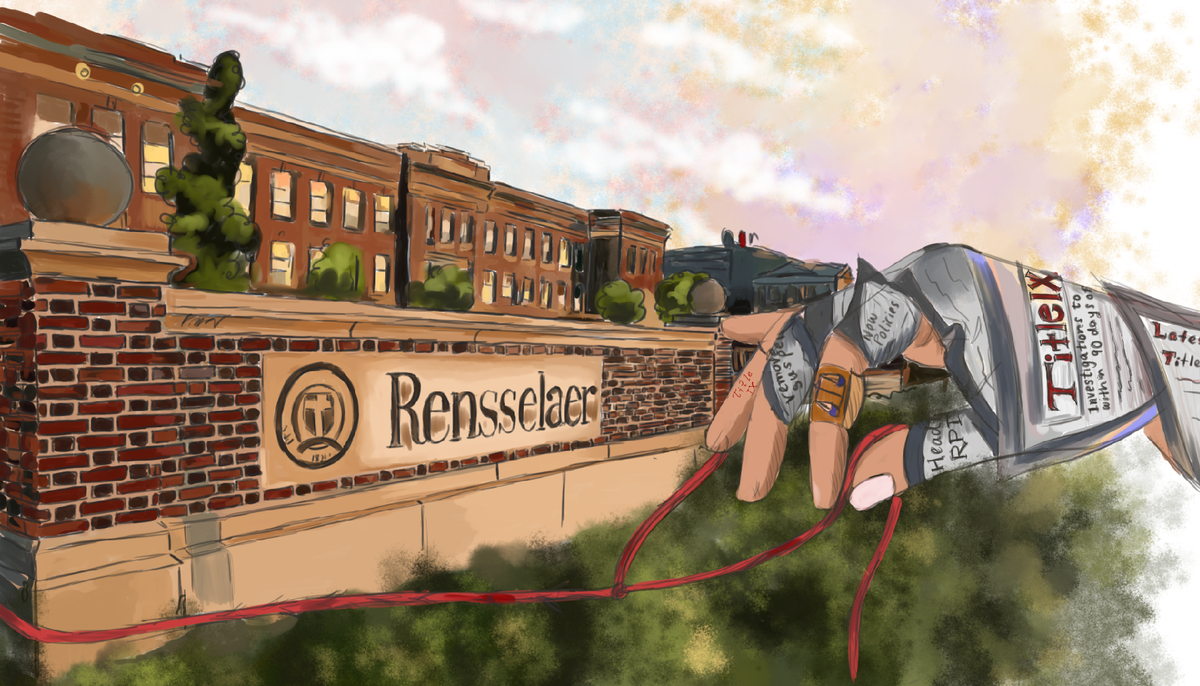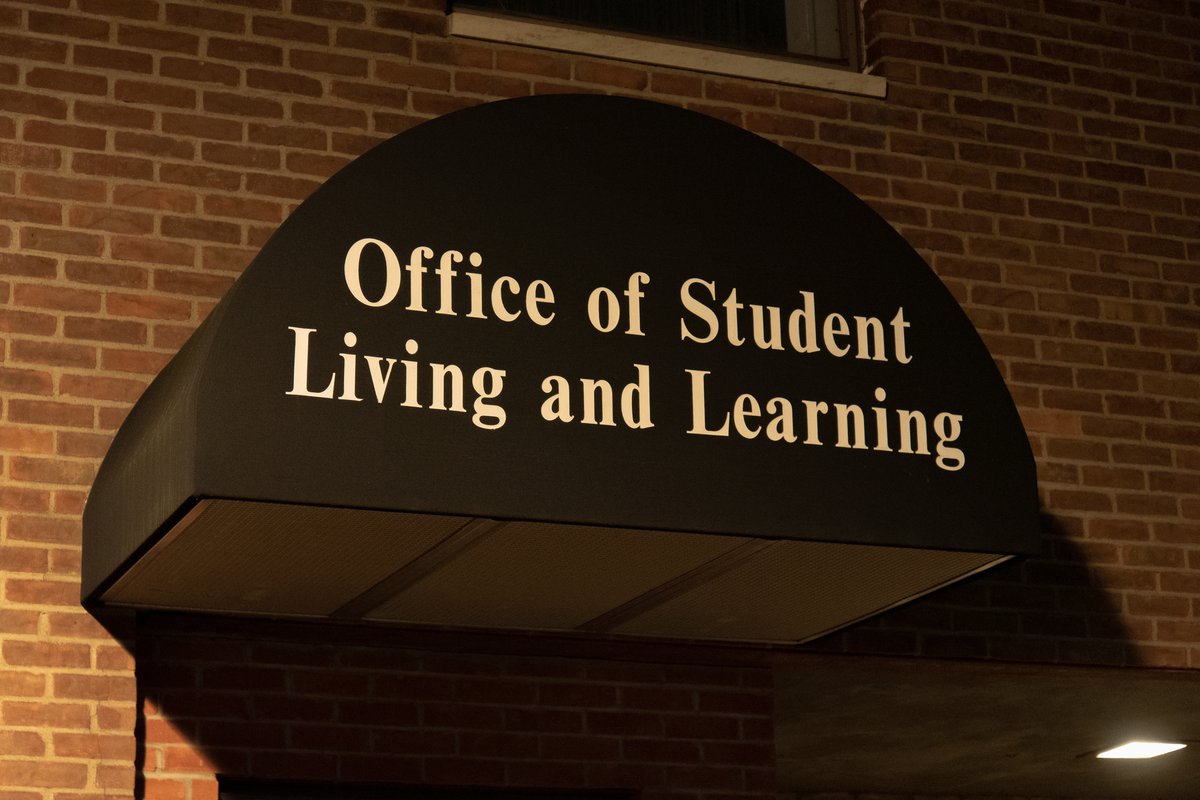Rensselaer Student Handbook adds discrimination and pandemic policies
Sexual misconduct policy also updated
This year, the changes made to Rensselaer’s Handbook of Student Rights and Responsibilities reflect challenges and conversations raised by the ongoing COVID-19 pandemic, and RPI's Title IX policies were changed to follow federal guidelines set by United States Secretary of Education Betsy DeVos.
The first of the three changes was the newly introduced Disciplinary Action 18 which specifies the consequences of discriminatory harassment and behavior. According to Assistant Vice President and Dean of Students Travis Apgar during the August Student Senate meeting, the action was implemented as a result of conversations between student leaders and administrators.
In full, Disciplinary Action 18 states: “Engaging in conduct (oral, written, graphic, or physical) that may harm, threaten, harass, demean, intimidate, or create a hostile environment for, any individual, or group of individuals, based on that individual or group’s identity or category protected under Rensselaer’s policy on Non-Discrimination/Harassment Prevention/Equal Opportunity.”
In response to a question posed by Marvin Rios ’20 during a Student Senate meeting as to why Disciplinary Action 18 does not explicitly state racism as a form of discrimination, Apgar responded that “[RPI] ended up using … acceptable, kind of legal terminology that would capture what we were trying to address in racism” after working with RPI’s legal counsel. Apgar added “this is not sort of the end or the answer to fixing or changing or updating the policy to meet today’s needs or tomorrow’s needs,” expressing intentions to “work on this policy and others over the course of this fall.”
To manage the ongoing pandemic, Rensselaer introduced the community health emergencies statement to the student handbook, which allows RPI to “implement requirements and restrictions designed to enhance the safety of our on-campus community during crises.”
These requirements may include social distancing, reducing on-campus activities and visitors, using personal protective equipment (PPE), reporting interactions for contact tracing purposes, testing, and immunization but the requirements can be expanded by RPI. Students who violate the community health emergencies statement “may be required to leave campus immediately to resume courses online,” as stated on page 9 of the Student Handbook. Student organizations who violate the statement could potentially face disciplinary action, which “may result in the interim suspension of activities, disciplinary suspension, or expulsion.” Intentional or repeated offenses of the statement are considered grounds for disciplinary action, which “may include suspension or expulsion.”
Apgar explained to the Student Senate in August that sending people home, “will not be, in most cases, our first action,” adding that this decision would only be made by him and others in the Dean of Students office if the “behavior has truly compromised the safety of others.”
During the Senate meeting, Apgar provided an example that if a student were to “sneak out of the residence halls during the initial quarantine period, attend some sort of social event off campus that clearly has no protocols in place to keep them safe, we’re probably going ask that person to go because their coming back into our campus community is now exposing everybody they have contact with, with everybody they had contact with at that social event. Those [people]... we’re not gonna have any tolerance for because it’s really about the safety of other people.”
Though the community health emergencies policy in the Student Handbook does not reference the 2 students per bathroom ratio requirement, Apgar emphasized during the Student Senate meeting that “even off-campus, the 2:1 [bathroom ratio] is applicable to everyone.”
In response to a question posed Yaseen Mahmoud ’22, Apgar answered that though RPI isn’t going to inspect bathrooms and apartments, “if somebody’s living in an off-campus apartment situation that doesn’t meet that [2:1 bathroom ratio] … we’re asking you not to come to campus and that you shouldn’t have campus access.”
Apgar noted that RPI is “being very strict … going well above the guidance that’s provided by government and other agencies,” reasoning that “[RPI thinks] it’s necessary until we know more about this virus to start here,” as it is easier to loosen procedures and expectations rather than to “tighten things up.”
The Rensselaer community was notified via email on August 14 of RPI’s updates to the sexual misconduct policy following the new federal Title IX regulations set by the Trump administration. Before the updates, if a student “filed a complaint against an employee, or staff or faculty member, you sort of went through a different process,” said Apgar, adding that it’s the “same process for everyone now.”

 Student Rights
Student Rights
 Campus Security
Campus Security